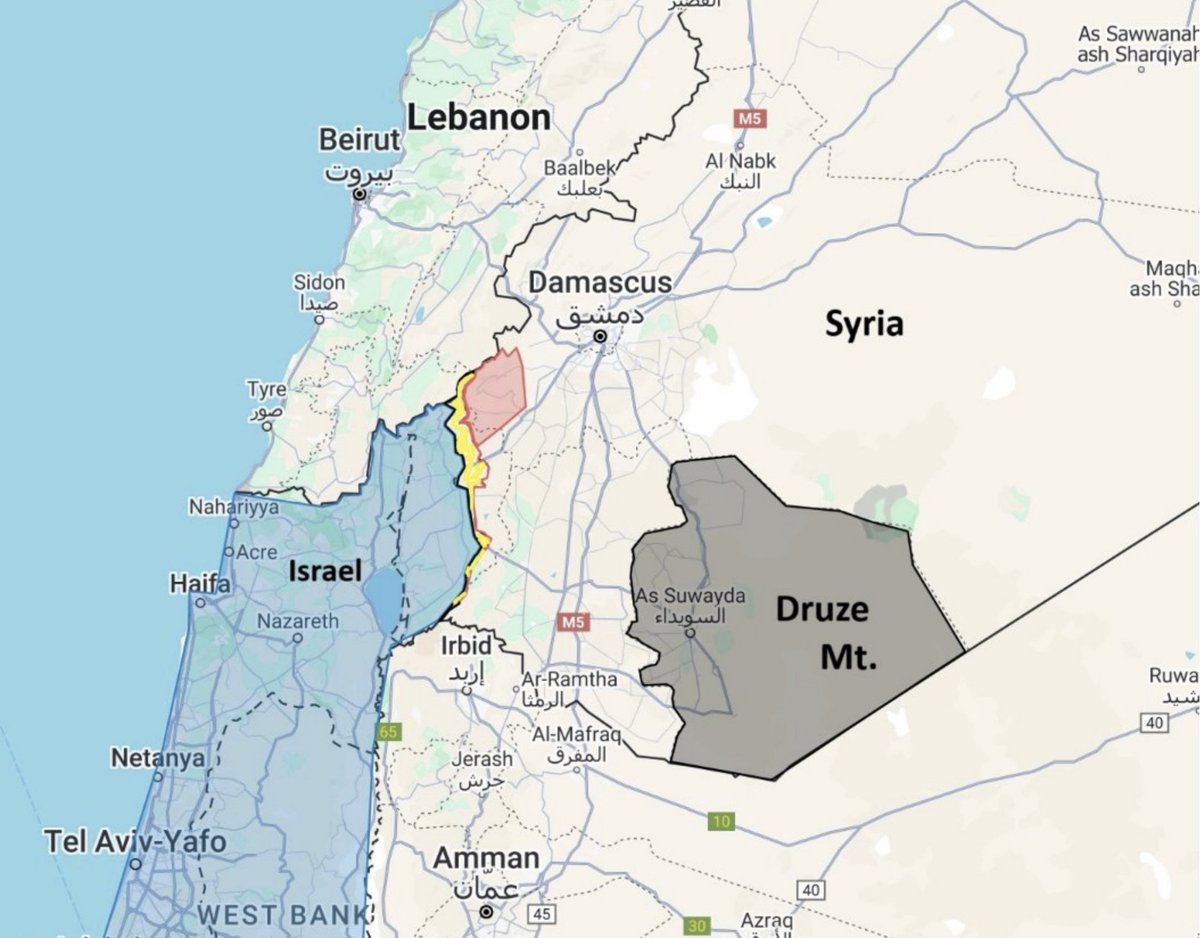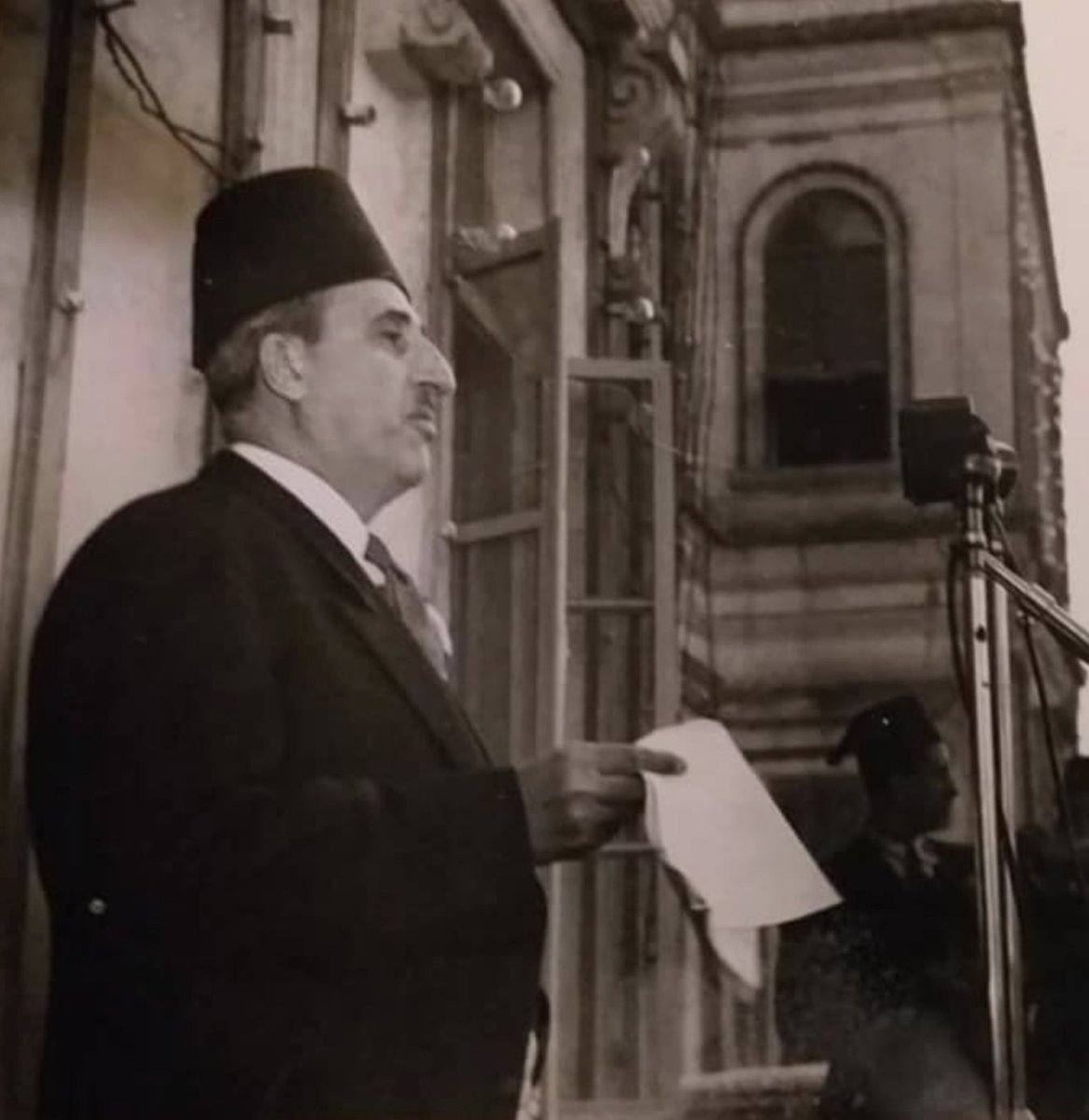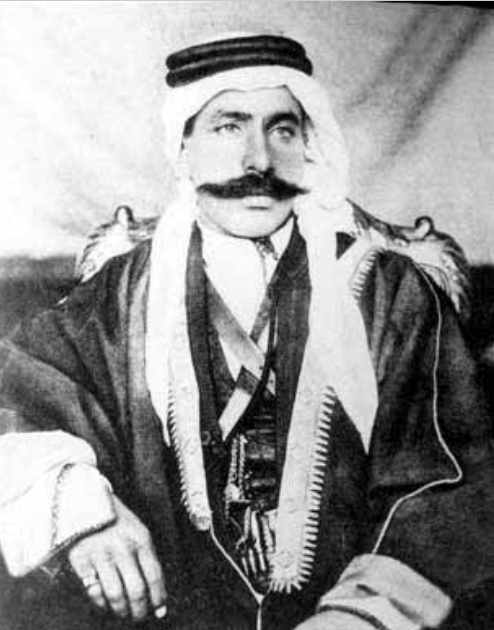The World Is Becoming More Equal
U.S. median income in 2013 was a mere 4 % higher than in 2008; meanwhile, Chinese & Vietnamese median incomes increased more than 100%, while Thailand’s median income increased by 85% & India’s by 60%.
By @BrankoMilan
foreignaffairs.com/articles/world…
U.S. median income in 2013 was a mere 4 % higher than in 2008; meanwhile, Chinese & Vietnamese median incomes increased more than 100%, while Thailand’s median income increased by 85% & India’s by 60%.
By @BrankoMilan
foreignaffairs.com/articles/world…
China has played an enormous role in lowering global inequality. The economic growth of its 1.4 billion people has reshaped wealth around the world. But China has become so wealthy that its continued growth no longer plays such an important role in lowering global inequality. 

India, with a population that is still relatively poor, now plays an important role in making the world more equal. In the last 20 years, China and India have driven the reduction in global inequality. From now on, only Indian growth will perform that same function.
Africa, which boasts the world’s highest rates of population growth, will become increasingly important. But if the largest African countries continue to trail behind the Asian giants, global inequality will rise.
If China’s growth continues to top Western countries’ growth by 2% to 3% annually, in a decade middle-class Chinese will become wealthier than their counterparts in the West. For the first time in two centuries, Westerners with middle incomes will no longer be part of the top 20%
Gloomy forecasts are plausible. The opposite of growing equality of globalization might come to be: the gap between US & Chinese middle classes may be preserved if the present trade war heats up, but at the cost of the slower (or negative) income growth in both the US & China.
Improvements in real income would be sacrificed in order to freeze the pecking order of the global income distribution. The net real income gain for all concerned would be zero.
• • •
Missing some Tweet in this thread? You can try to
force a refresh














